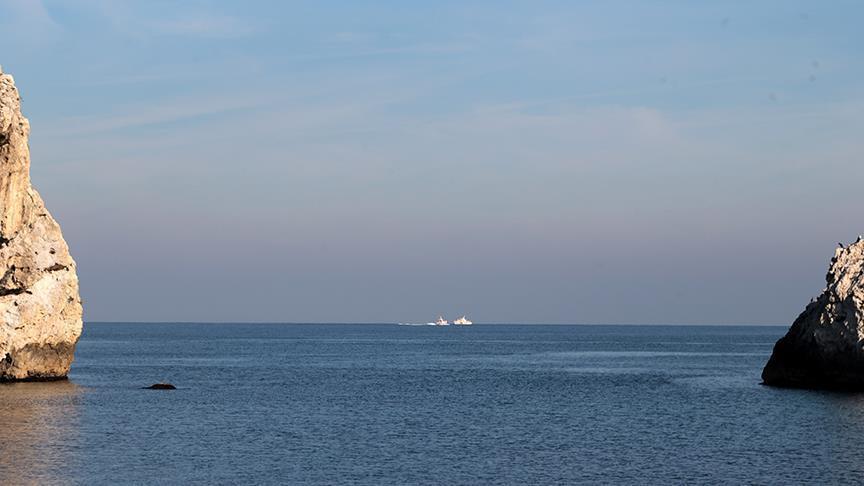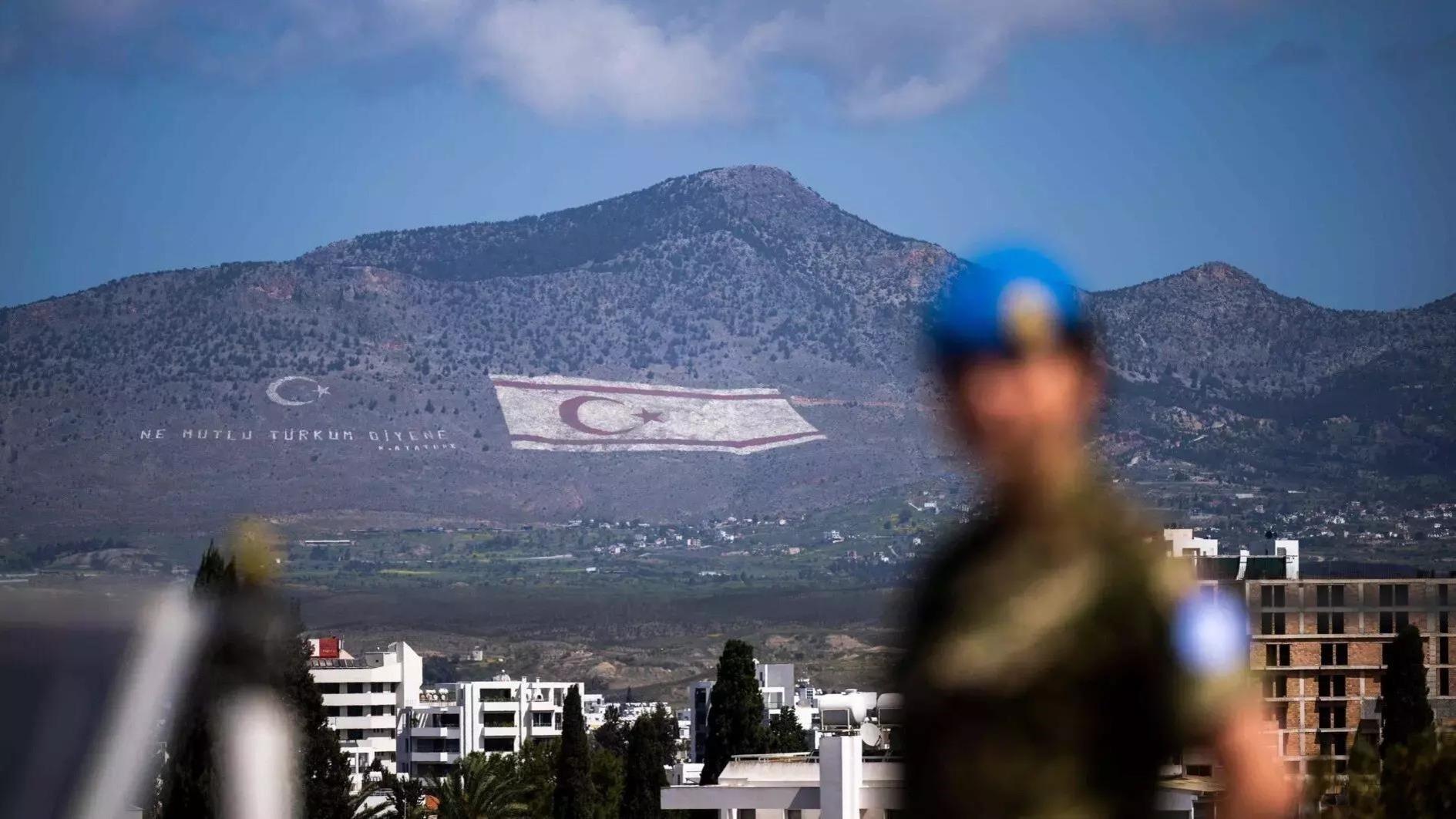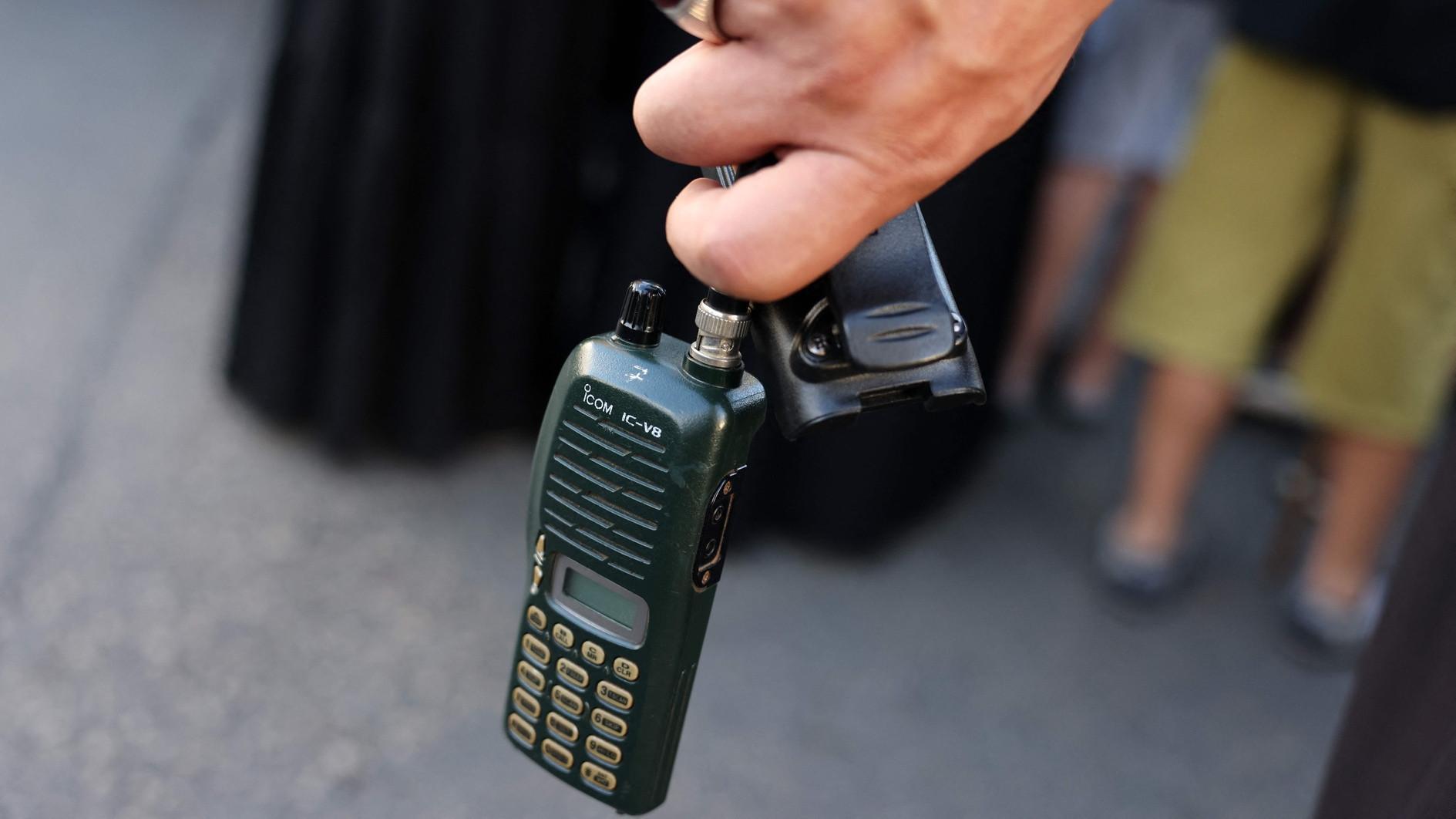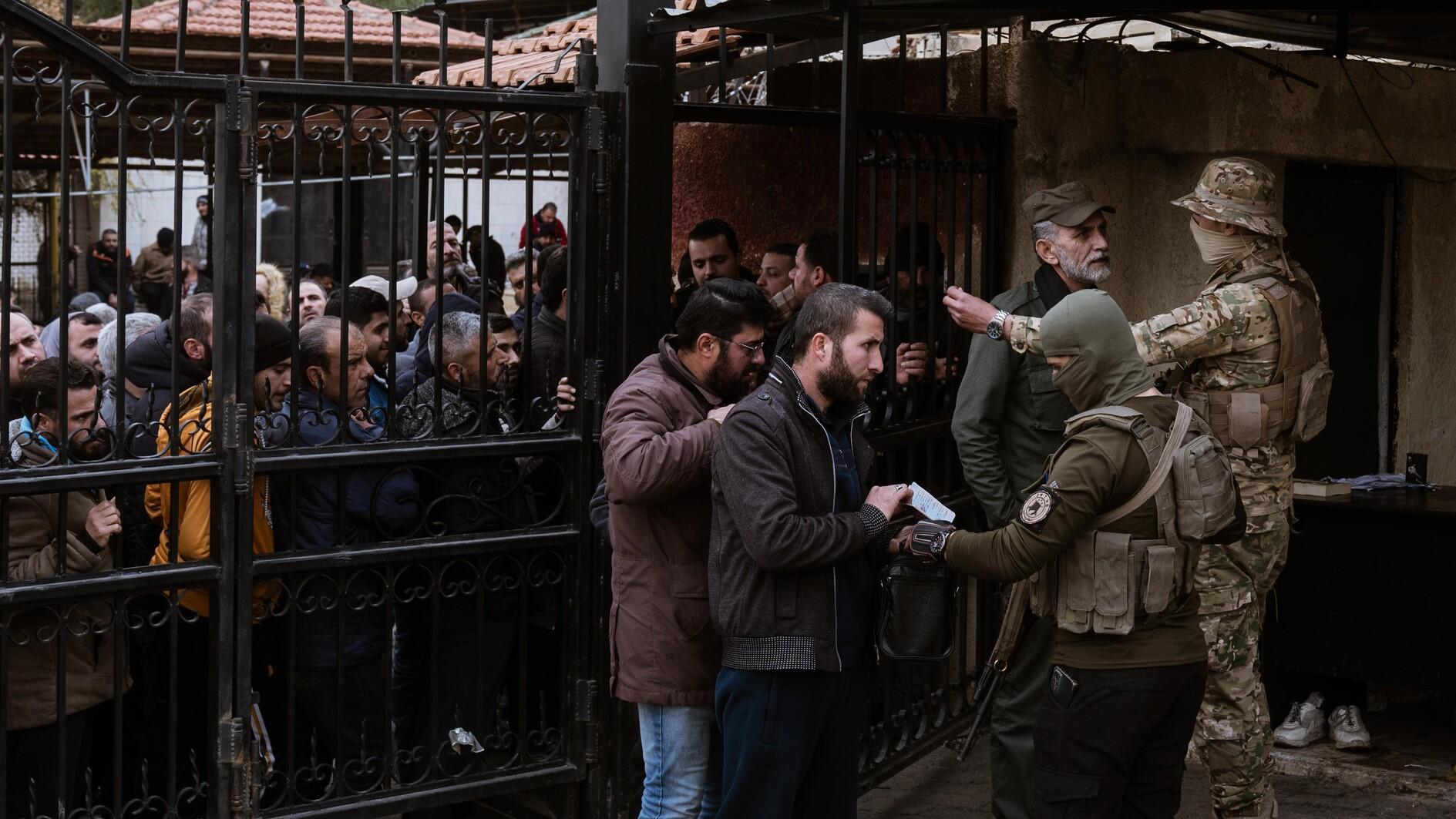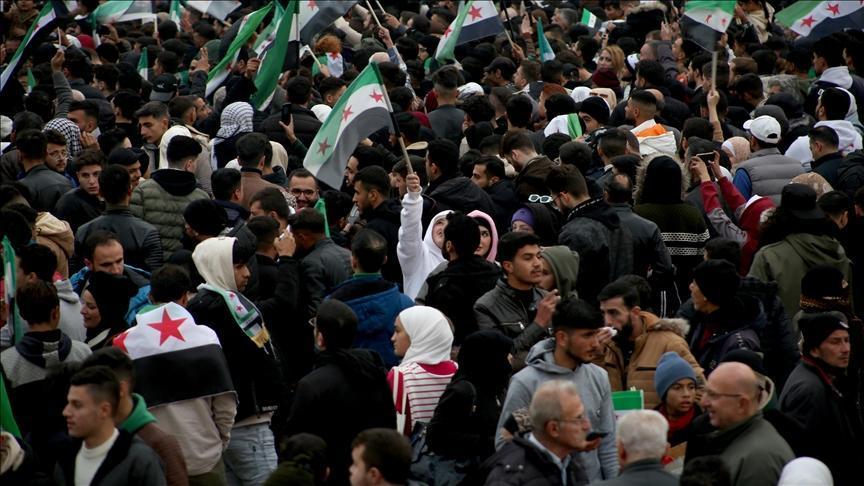Syria air strike kills 18, Gulf states slam Damascus
DAMASCUS - Agence France-Presse
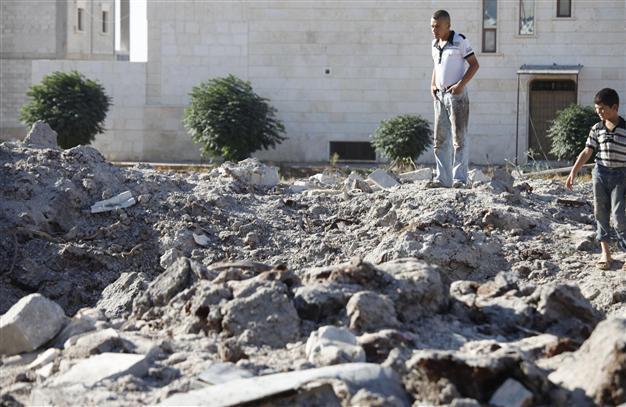
Residents inspect the damage after what was said to be an air raid by Syrian government forces near the district of Azaz, north of Aleppo September 3, 2012. REUTERS/Zain Karam
A Syrian warplane bombed a building in the northern rebel-held town of Al-Bab killing 18 people Monday, a watchdog said, as Arab Gulf monarchies slammed Damascus for using heavy weapons against civilians.With violence raging and the Syrian Observatory for Human Rights reporting more than 5,000 people killed across Syria in August alone, new international peace envoy Lakhdar Brahimi admitted that his mission was "nearly impossible." The air strike killed at least 10 men, six women and two children, the Britain-based Observatory said.
"The victims included two children, a girl and a boy," Rami Abdel Rahman, director of the Syrian Observatory for Human Rights, told AFP. "They died when the fighter jet bombed the building where they were sheltered." The army also pounded several districts of the nearby city of Aleppo, the Observatory said, more than six weeks after the start of what President Bashar al-Assad's regime warned would be "the mother of all battles" in Syria's commercial hub.
The airstrike on Al-Bab followed a series of attacks on towns and villages in the Aleppo countryside, as regime forces fight to break rebel supply lines into the city.
The Observatory reported a total of at least 132 people killed across Syria on Sunday -- 96 civilians, nine rebel fighters and 27 soldiers.
The watchdog, which has a network of activists on the ground, said August marked the bloodiest month in Syria since the uprising against Assad's regime erupted in March last year, with at least 5,440 people killed.
According to the Observatory, at least 26,283 people have been killed in Syria since the revolt began in March last year -- 18,695 civilians, 1,079 defectors and 6,509 troops.
Concerned by the escalating violence, monarchies in the Gulf on Sunday sharply criticised Syria's regime for deploying heavy weapons against its own civilians and urged a peaceful transition of power in the country.
'Protect civilians'
The six members of the Gulf Cooperation Council at a meeting in Jeddah also urged the international community to "assume their responsibilities and take measures to protect civilians" in Syria.
The GCC -- which comprises Saudi Arabia, Bahrain, the United Arab Emirates, Oman, Qatar and Kuwait -- in a statement issued after the meeting in the Saudi city condemned "the ongoing massacres which are due to the obstinacy of the regime in using heavy weapons, including planes and tanks" against civilians.
Rights watchdogs have expressed growing concern about deteriorating conditions in areas under a protracted army siege, including parts of Aleppo and third city Homs.
Jihad Makdissi, a spokesman for Assad's embattled government, announced that newly-appointed peace envoy Brahimi would "soon" travel to Damascus, expressing confidence that "he will listen to us".
In an interview with NBN channel -- the mouthpiece of Lebanese pro-Damascus party, AMAL -- Makdissi blamed the international community for the ongoing conflict.
"The issue is not personal, and has nothing to do with the envoy," said Makdissi.
"We tried Mr Kofi Annan. And all the reasons that led to his initiative's unhappy ending were not Syrian. The main reason was a lack of international consensus." Brahimi himself gave a deeply pessimistic view of the task ahead of him, in an interview with the BBC.
"I know how difficult it is -- how nearly impossible. I can't say impossible -- (it is) nearly impossible," he said.
He said he was "scared of the weight of responsibility. People are already saying people are dying and what are you doing?" Brahimi, who took over as international peace envoy on Saturday, earlier told Al-Jazeera satellite channel that "change is necessary, indispensable, unavoidable." He said his position was to engage all the parties and he would not be drawn on Assad's future.
Brahimi, who will formally take the reins in a handover ceremony with outgoing envoy Annan and UN chief Ban Ki-moon on Tuesday, has been holding meetings at the UN headquarters in New York.
Annan announced he was stepping down last month, blaming divisions in the international community for the failure of his April six-point peace plan.


